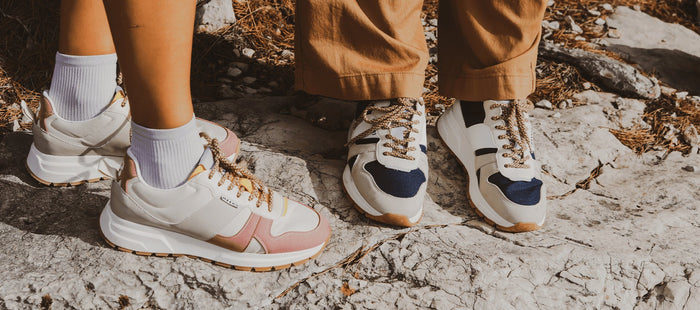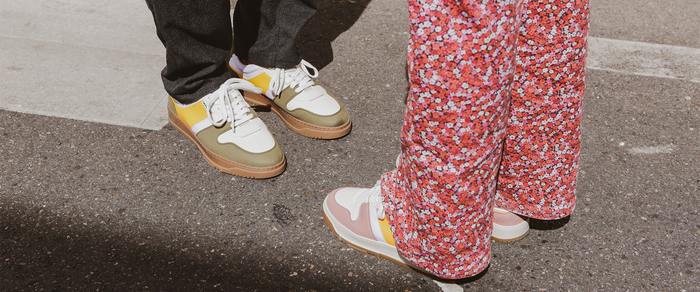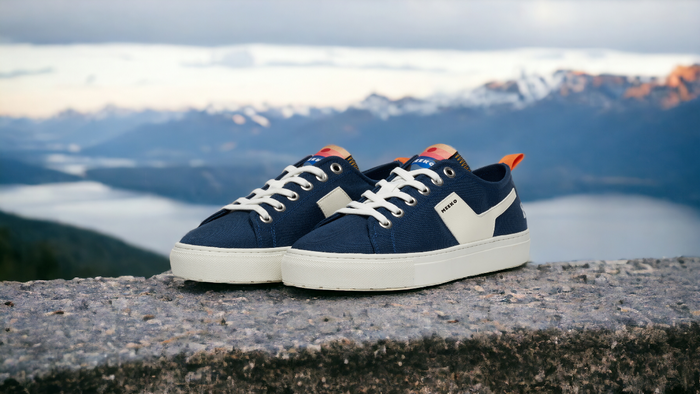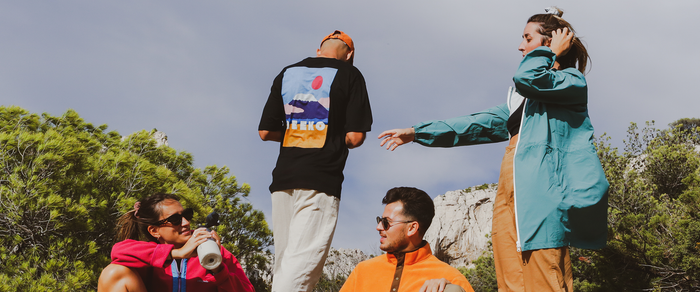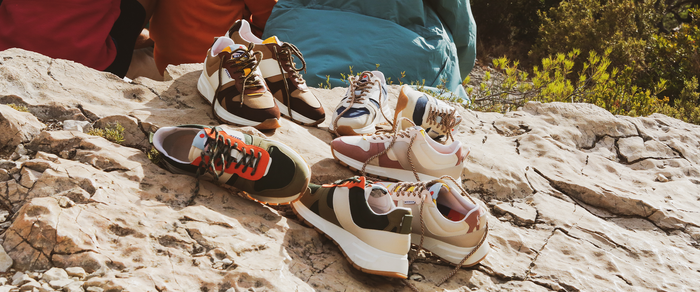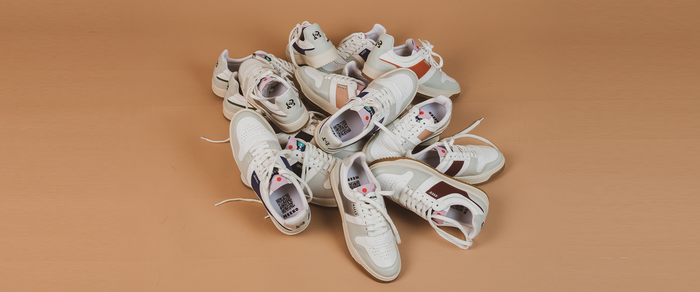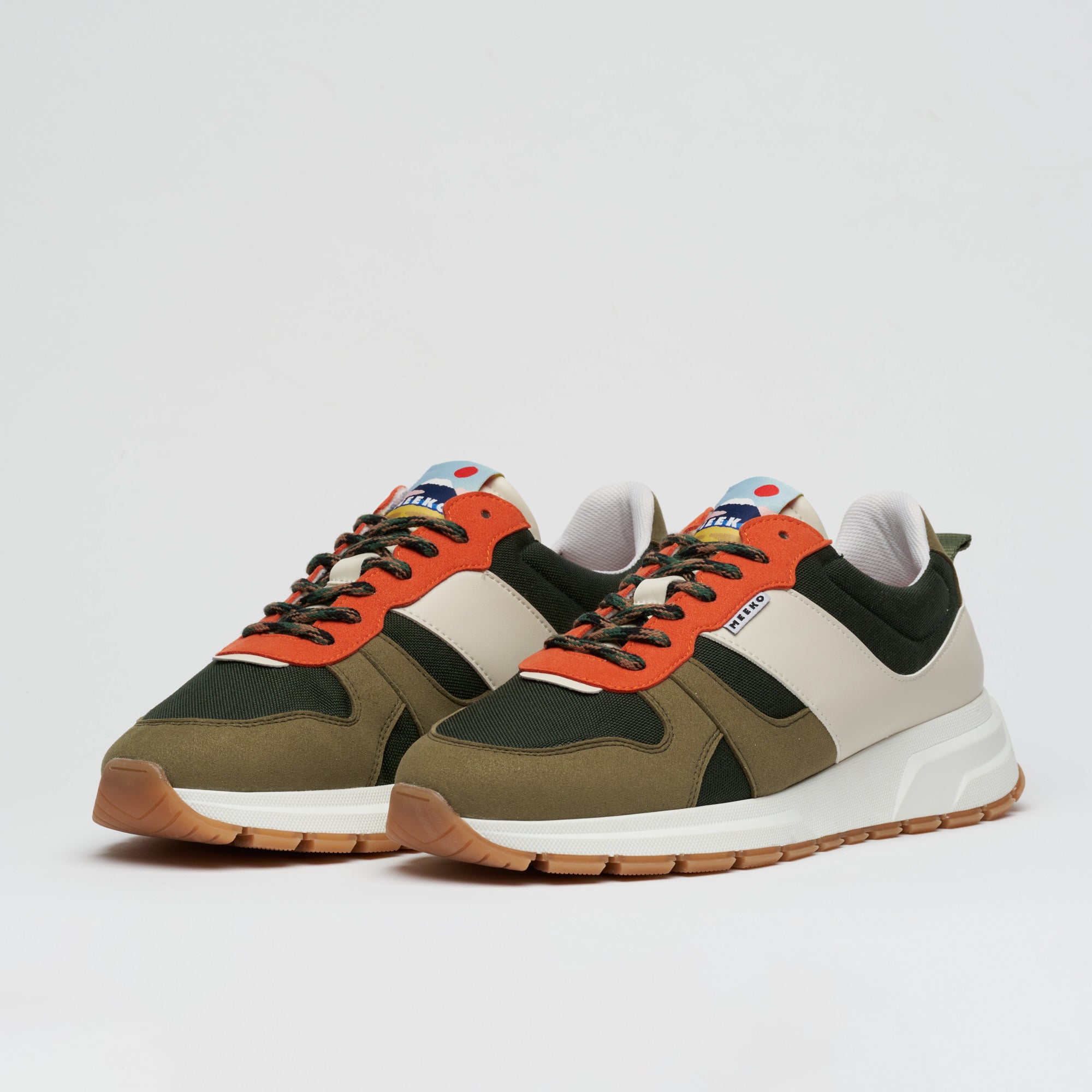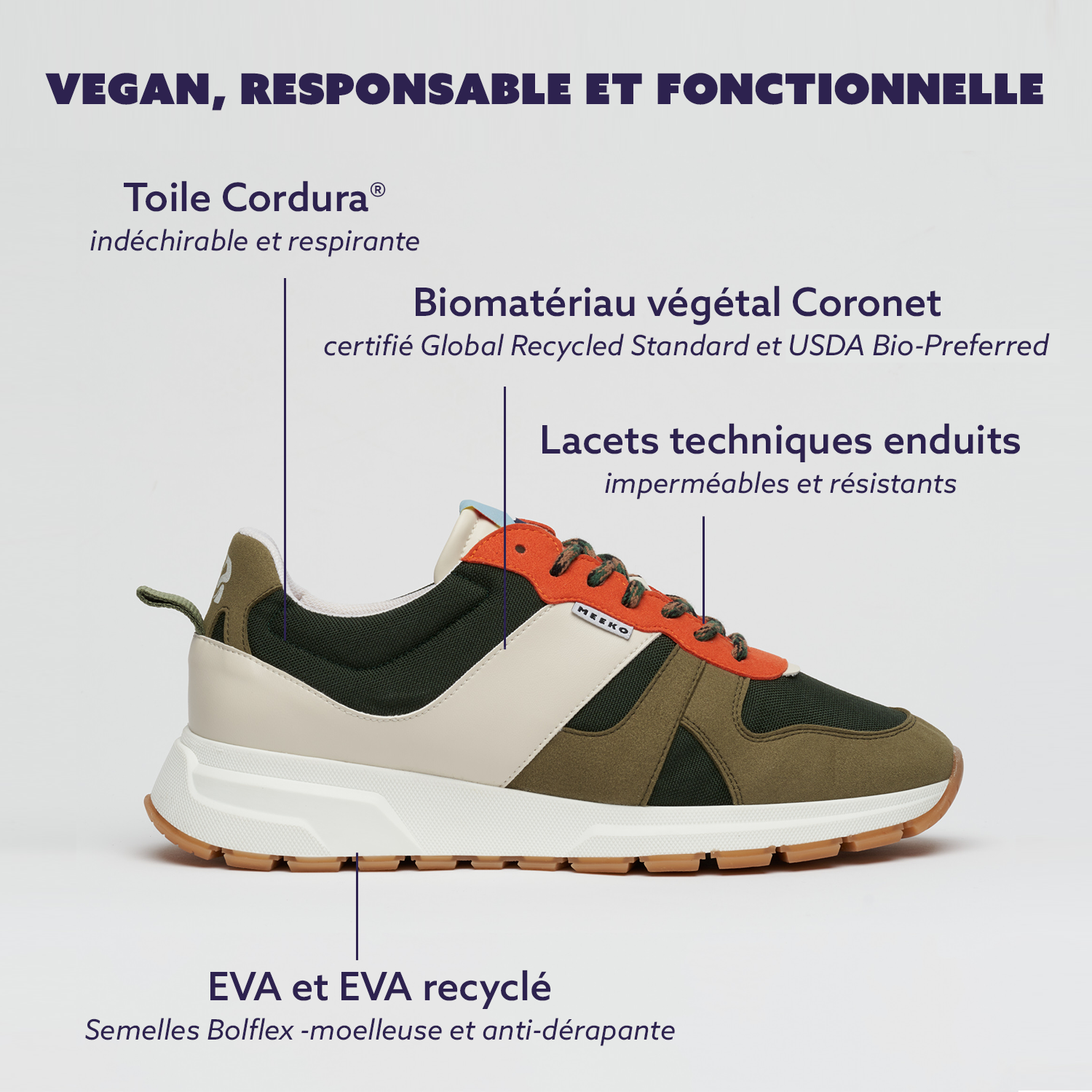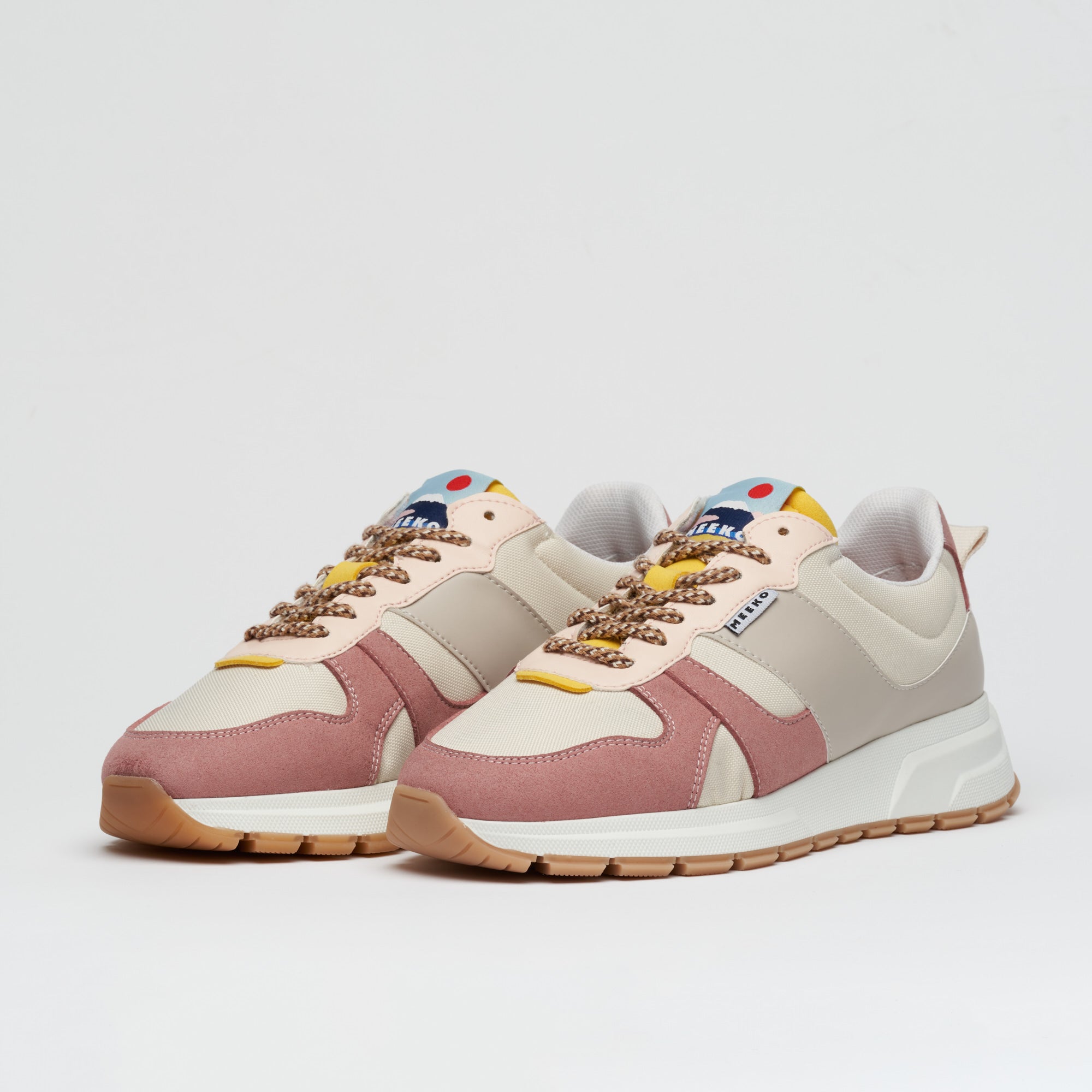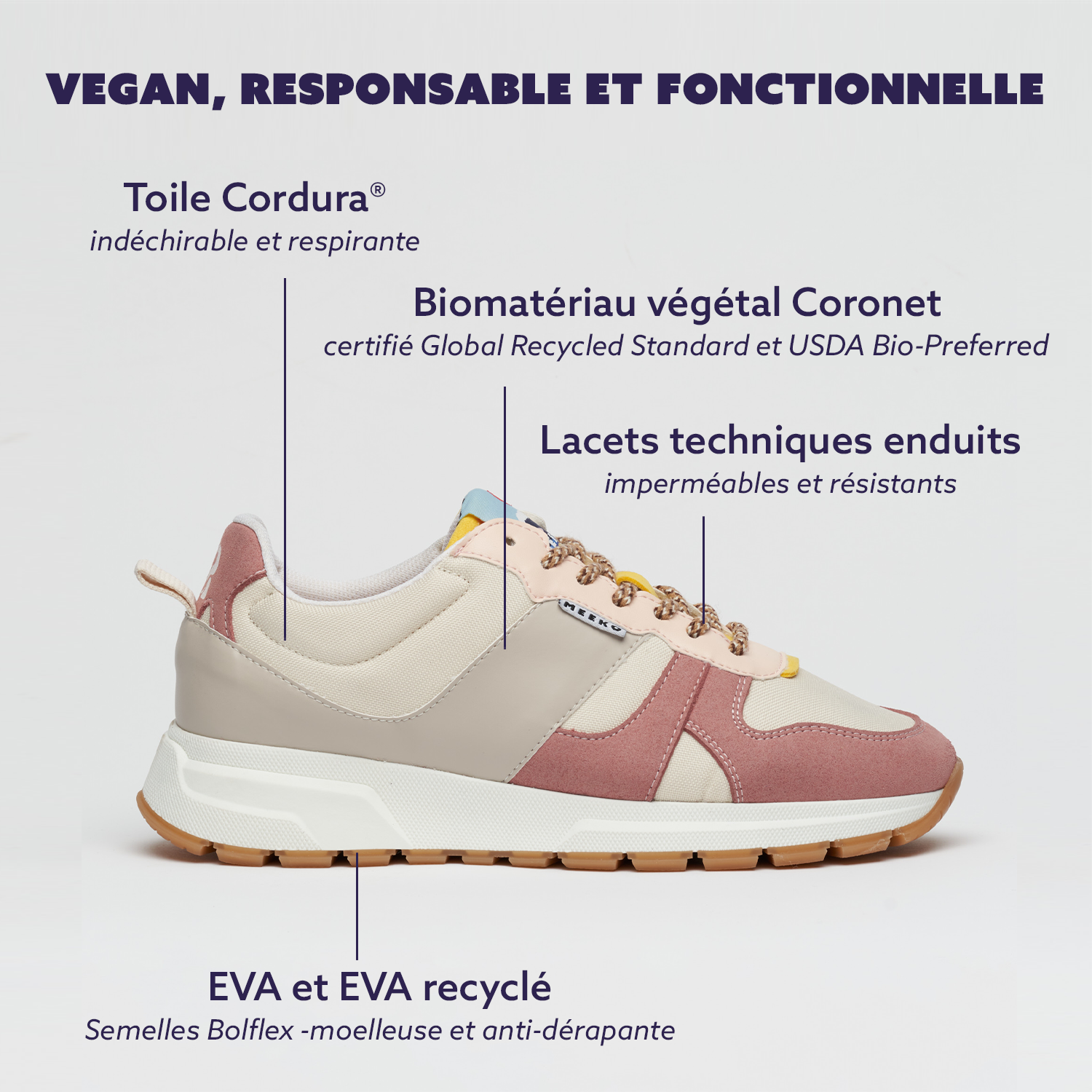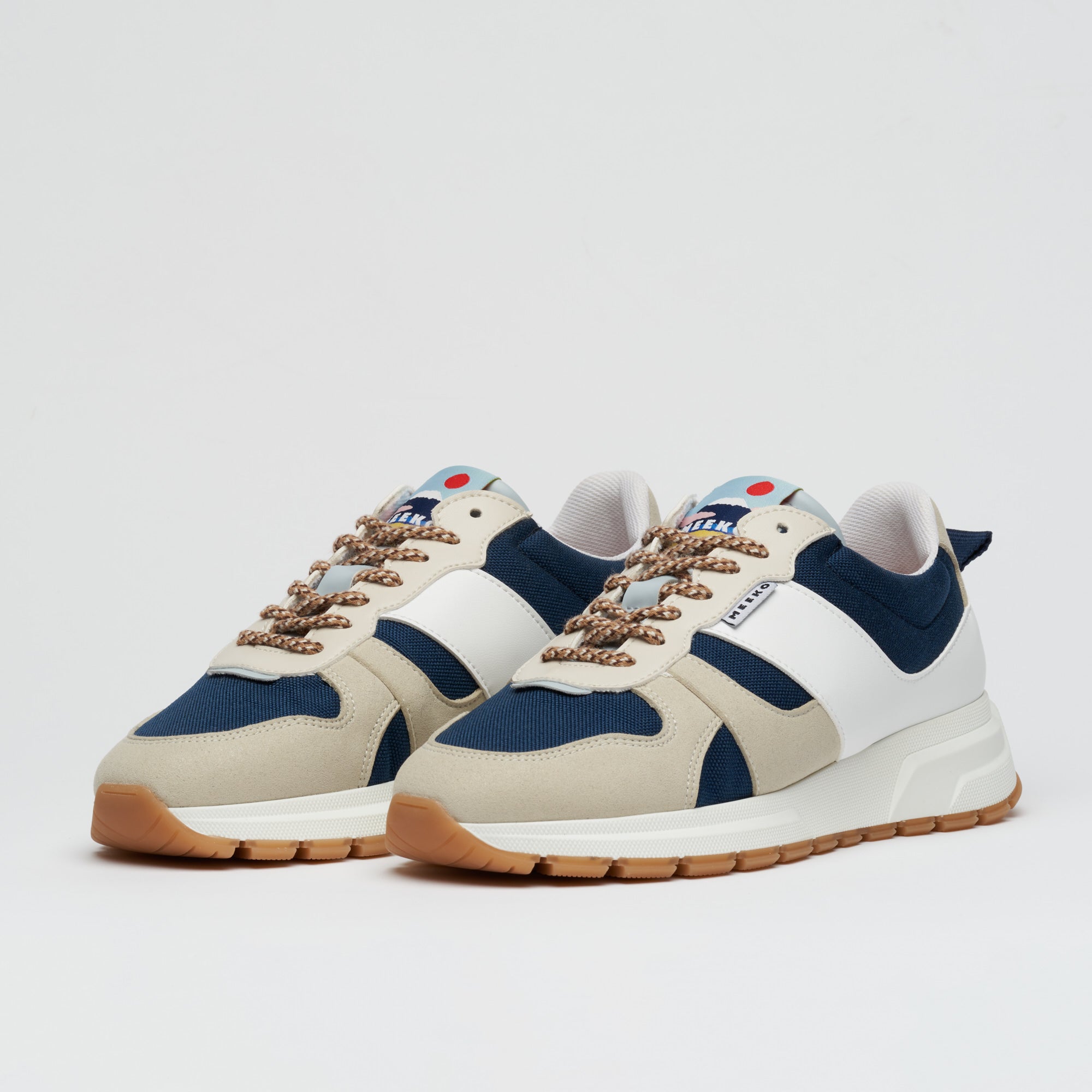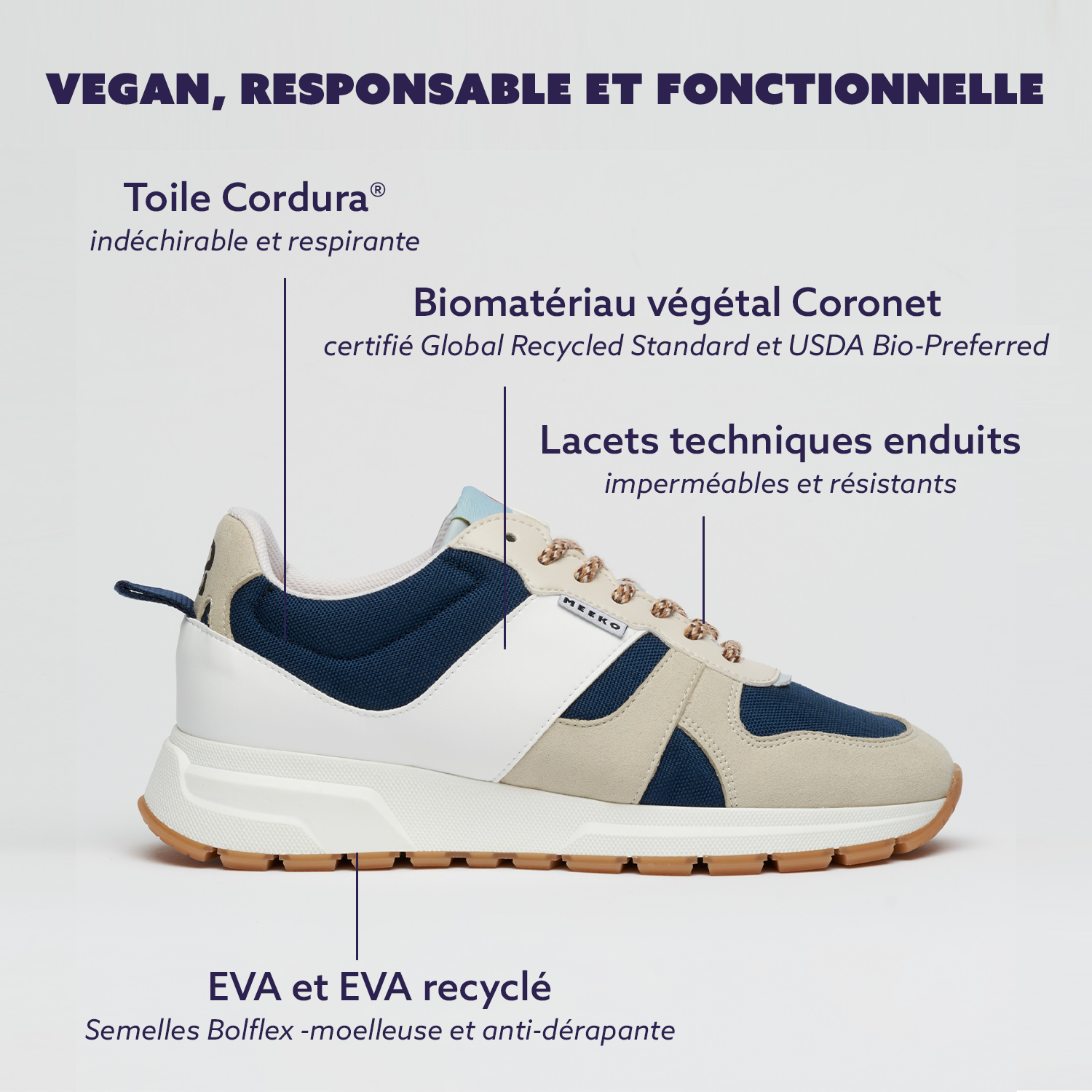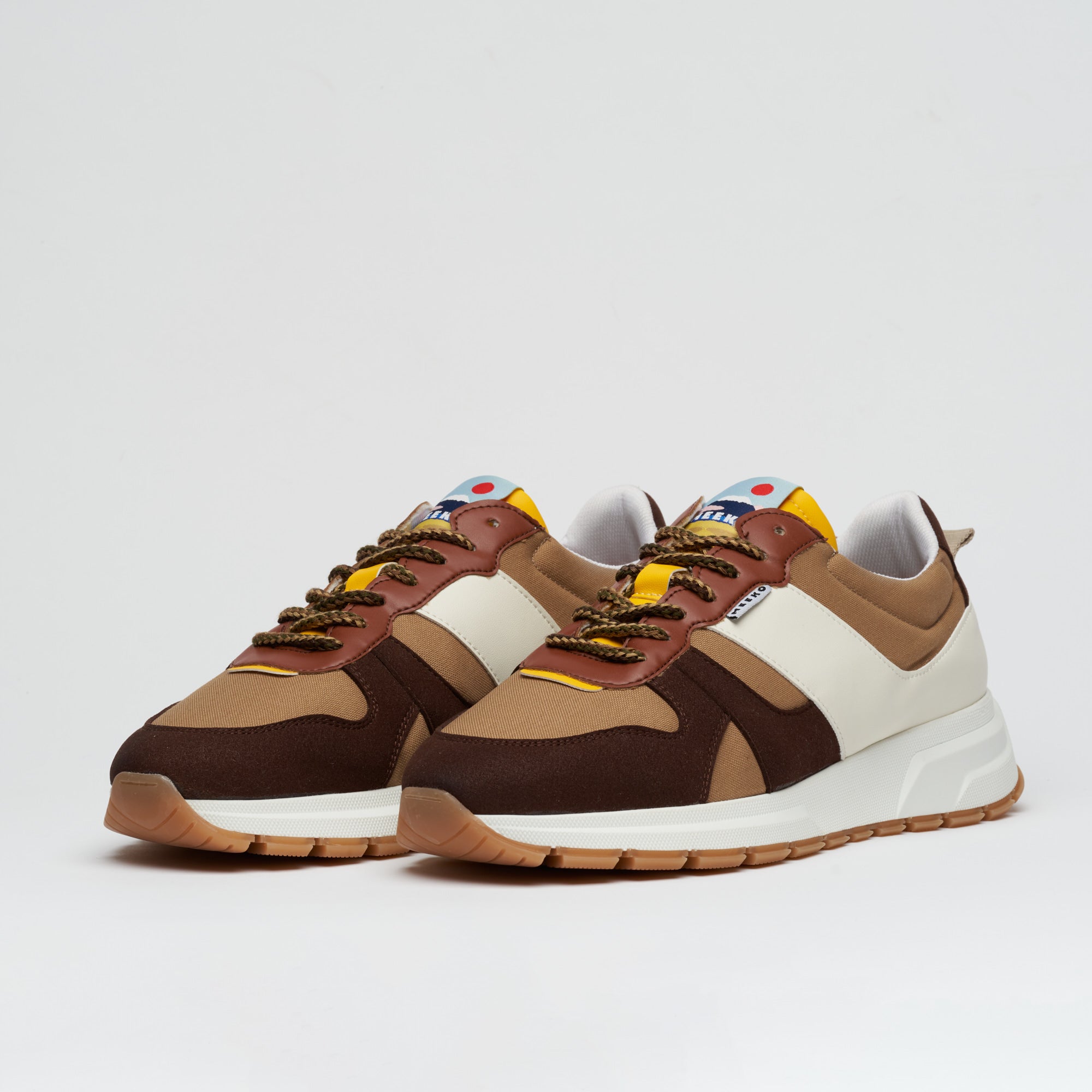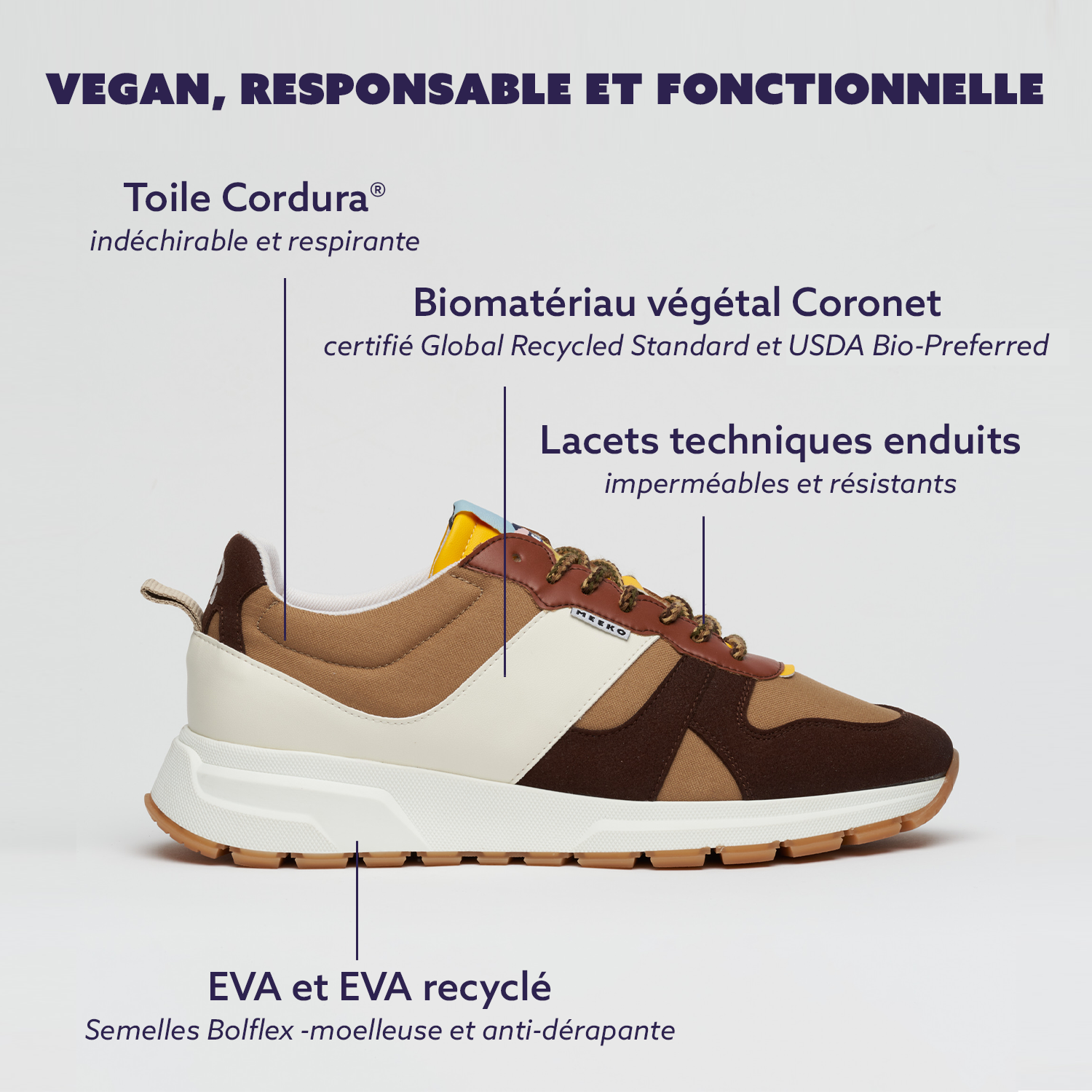What is the impact on biodiversity of a pair of shoes?
We rely on our environment to provide us with essential services and resources, such as food, water filtration, weather defense, and more. Our natural ecosystems need the diversity of plant and animal life to provide these services.
Unfortunately, biodiversity is declining, reducing the overall resilience and health of the natural world around us. Worldwide, WWF has found an average decline of 68% in tracked populations over 46 years . This loss of biodiversity endangers the health of our lands.
What are the causes of biodiversity loss?
All businesses depend on natural systems, either directly or further upstream through their supply chains. Whether it's natural fibers in clothing, mining metals deep underground to make microchips, or growing fruits and vegetables, everything we produce comes at a cost to natural resources.
As the world is constantly plowed, dug and adapted to meet our consumption, natural systems are under increased pressure. The damage we inflict on natural habitats around the world displaces nature and sometimes drives species to extinction.
Now let's imagine a simple shoe model, with a rubber sole, a canvas (cotton) body and cotton laces. For this example, we'll skip the plastics used to bond and protect the materials and just thread all the pieces together. Sure, they might fall apart due to our poor tailoring skills, but at least they're plastic-free!
Cotton: What is the impact on biodiversity?
Suppose we use organic cotton and only have to worry about the indirect impact of pollution on the land we use. We also import cotton from India (where 51% of organic cotton was produced last year).
India is an amazingly diverse country, where tens of thousands of species of all kinds have made their home. Several regions are particularly rich in biodiversity, including the Western Ghats, which is both an organic cotton production region and a biodiversity hotspot, inscribed on the UNESCO World Heritage List in 2012.
There are hundreds of reptiles, birds, mammals, amphibians and endemic plants (found only in the region), such as the lion-tailed macaque. Cotton can be grown alongside or in rotation with other crops, but it is always likely that almost all species will be displaced by agricultural expansion.
The impact of cotton is potentially catastrophic for biodiversity. Our growing consumption of cotton means more land, and therefore more habitat lost for native wildlife, from plants to amphibians and birds.

Rubber: What is the impact on biodiversity?
Suppose we buy our natural rubber from Thailand, which produces the most rubber in the world. Rubber is grown in plantations that would have replaced diverse lowland forests, displacing the majority of wildlife.
In southern Thailand, lowland forests can be expected to serve as habitat for woodpeckers, woodpeckers, warblers, and many other rare or endangered birds. In addition, a wide variety of vegetation and plants have been cleared, which also serve as habitat for thousands of insects, frogs and lizards.
Bird species richness (the variety of species in a given space) has been found to decline by 60% when forest is converted to rubber plantation, and it is conceivable that similar or greater declines would be seen for other species as well.
In addition, continuous large plantations of monoculture can also lead to loss of soil quality, which reduces the resilience of the land and can lead to disastrous events such as landslides, thereby damaging large areas of land and having an impact on wildlife beyond the boundaries of the plantation.

Can we be Nature Positive?
Unfortunately, it is clear that many of our purchases have a significant impact on global biodiversity. The process of growing the constituent parts of your shoes will have affected countless species in the countries where it is produced.
We have used international examples here, but the same story can be told in France. There are no cotton or rubber plantations, but a large part of our land is still a mosaic of agricultural spaces that push animal species to the margins of our landscapes and to the limits of existence.
The worrying losses of biodiversity we are witnessing, which are linked and exacerbated by climate change, mean that we can no longer carry on as business as usual and that we must act now.
Regenerative agriculture and agroforestry are practices that can make cotton and rubber farming more sustainable and nature-friendly. However, all agriculture has an impact on local flora and fauna and ultimately requires a space where plant and animal life is not disturbed.
Nature is not only a pleasant spectacle to observe during weekend walks, but a web of life on which we fundamentally depend. We can no longer ignore the biodiversity crisis we are witnessing. At MEEKO we are hopeful that through raising awareness of these issues, we can establish a new relationship with the natural world, in mutual respect for the services provided to us by fauna and flora, from the largest rivers to the smallest mushrooms. .
